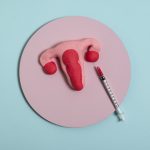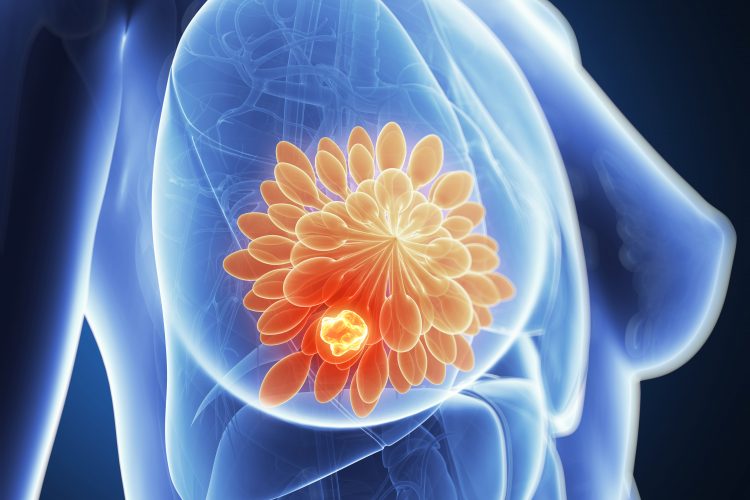Breast cancer is the malignant tumor (a tumor with the potential to invade other tissues or spread to other parts of the body) that starts in the cells of the breast. It occurs both in men and women. However male breast cancer is rare. Among Indian women, breast cancer is the commonest cancer overall.
In 2012, 1,44,937 new cases and 70,218 deaths were reported for breast cancer in India
Breast cancer has ranked number one cancer among Indian females with age adjusted rate as high as 25.8 per 100,000 women and mortality 12.7 per 100,000 women. Data reports from various latest national cancer registries were compared for incidence, mortality rates. The age adjusted incidence rate of carcinoma of the breast was found as high as 41 per 100,000 women for Delhi, followed by Chennai (37.9), Bangalore (34.4) and Thiruvananthapuram District (33.7).
Breast cancer symptoms vary widely — from lumps to swelling to skin changes — and many breast cancers have no obvious symptoms at all.
In some cases, a lump may be too small for you to feel or to cause any unusual changes you can notice on your own. Often, an abnormal area turns up on a screening mammogram (X-ray of the breast), which leads to further testing.
In other cases, however, the first sign of breast cancer is a new lump or mass in the breast that you or your doctor can feel. A lump that is painless, hard, and has uneven edges is more likely to be cancer. But sometimes cancers can be tender, soft, and rounded.
It’s important to have anything unusual checked by your doctor.
According to the American Cancer Society, any of the following unusual changes in the breast can be a symptom of breast cancer:
- swelling of all or part of the breast
- skin irritation or dimpling
- breast pain
- nipple pain or the nipple turning inward
- redness, scaliness, or thickening of the nipple or breast skin
- a nipple discharge other than breast milk
- a lump in the underarm area
These changes also can be signs of less serious conditions that are not cancerous, such as an infection or a cyst. Again, it’s important to get any breast changes checked out promptly by a doctor.
Breast self-exam should be part of your monthly health care routine, and you should visit your doctor if you experience breast changes. If you’re over 40 or at a high risk of breast cancer, you should also have an annual mammogram and physical exam by a doctor. The earlier breast cancer is found and diagnosed, the better your chances of beating it.
The treatment of breast cancer must be individualized and is based upon several factors. Optimal management in most cases requires collaboration between surgeons (breast cancer surgeons and reconstructive surgeons, who are typically plastic surgeons) and physicians who specialize in radiation and medical oncology. Each woman should discuss the available treatment options with her doctors to determine what treatment is best for her.





